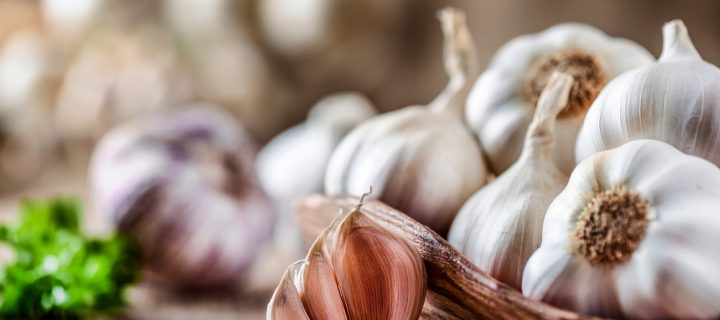Garlic has always been highly regarded as a nutritional boon for a long time, treating human disease for centuries.
But how garlic benefits the body has perplexed researchers for just as long.
In a recent study published by scientists from the University of Nottingham, researchers found that garlic can reduce risks of developing certain kinds of cancers, cardiovascular disease, and type 2 diabetes.
Garlic produces sulphur compound variations when prepared, depending on whether it’s chopped, fermented in alcohol, or pressed for oil.

According to the researchers, these sulphur compounds can affect “gaseous signaling molecules” such as nitric oxide and hydrogen sulphide that are naturally produced in the human body.
Altered levels of gaseous signaling molecules are found in people suffering from various diseases, as they have a significant impact on cell communication and maintaining body balance.
“These molecules give the plants an ecological advantage when they’re growing out in the wild,” said Dr Peter Rose, a biochemist at the University of Nottingham and senior author of the study.
Related: How More Garlic = More Sex
“As it happens, they’re also biologically active within mammalian cells and tissues, but we do not know how they are metabolised in humans.”
Though the best technique for preparing garlic is still up for debate, the researchers agree garlic posses strong restorative potential.
“There is a lot of possibility within this area for finding approaches that could reduce the risk of diseases and improve human health, but it all comes back to those fundamental questions of what actually happens to these compounds when we metabolise them,” Dr Rose said.
“There’s a whole spectrum of human work that still needs to be done to further explore some of these weird and wonderful sulphur compounds that we find within our diets.”
Photo Credit: Marian Weyo/Shutterstock.com; Krasula/Shutterstock.com












